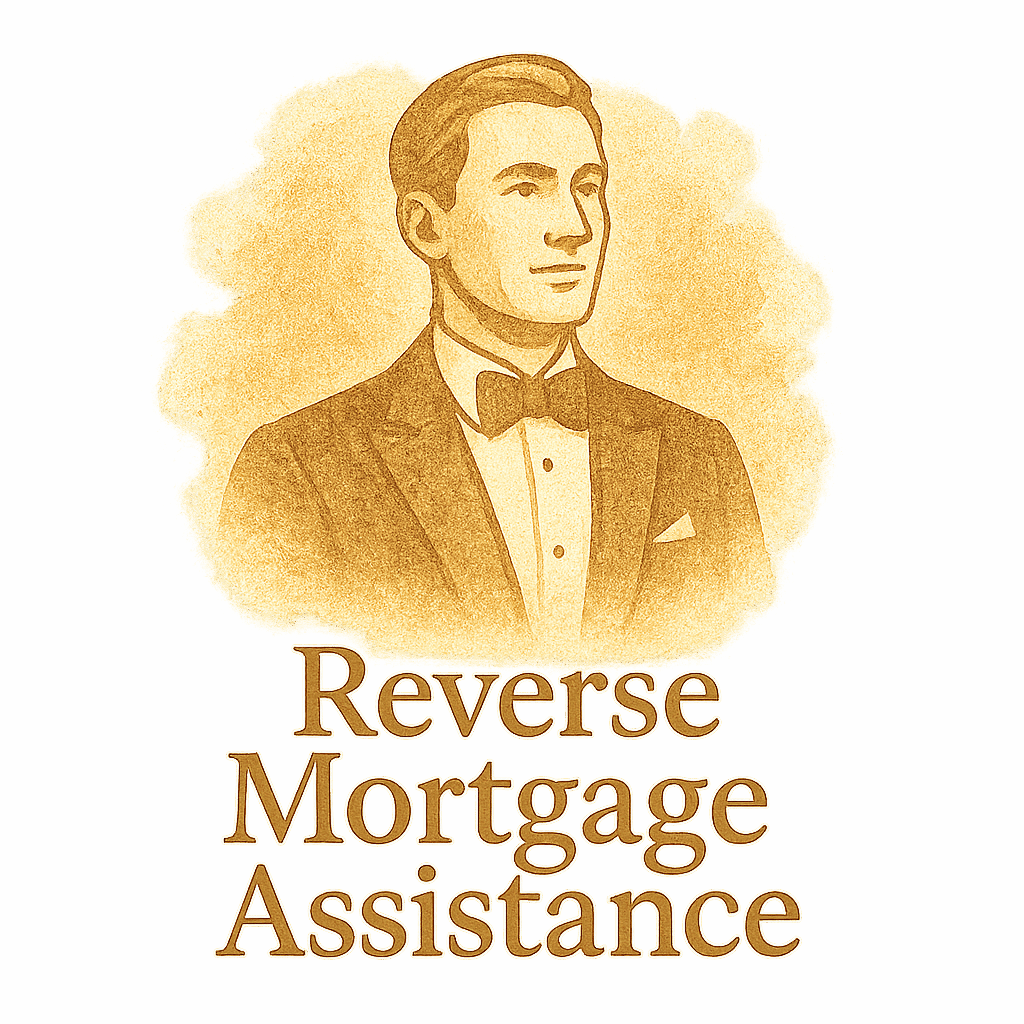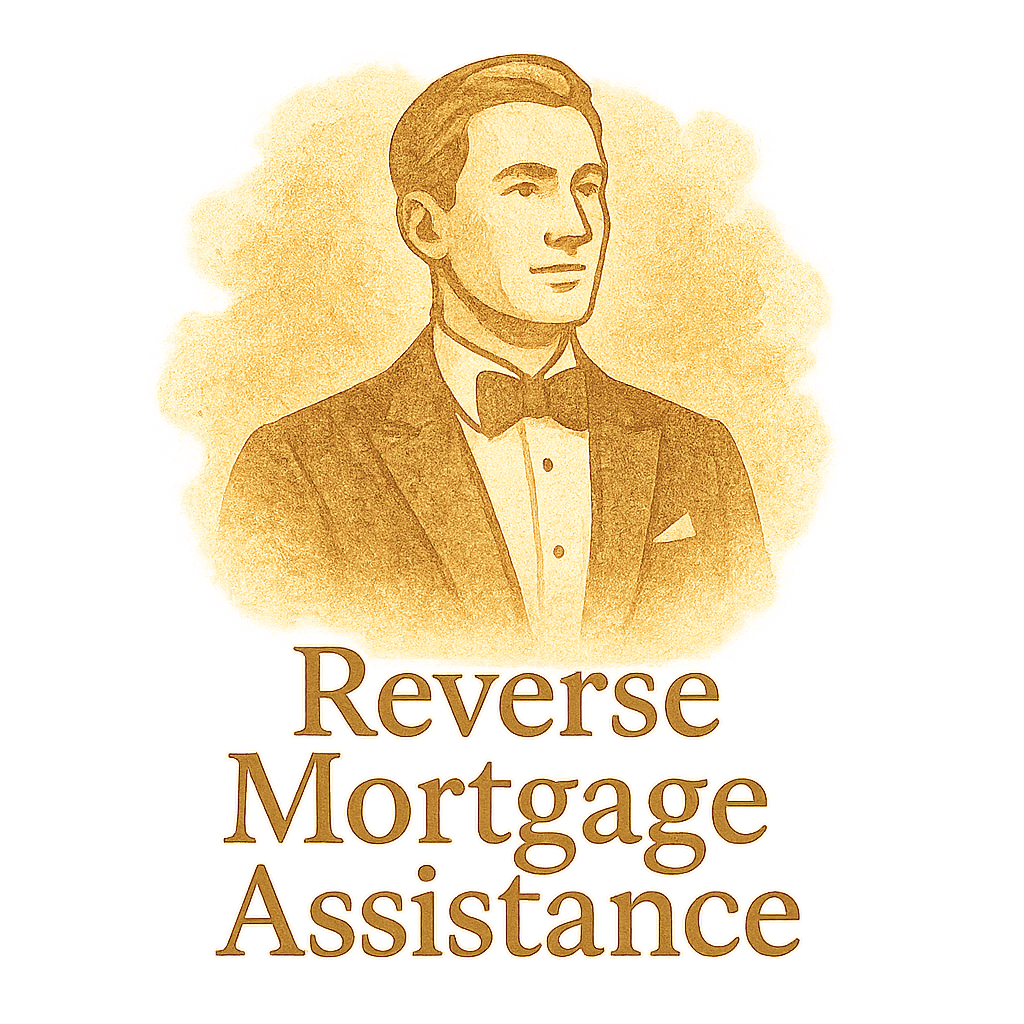Introduction
Let’s be honest—navigating retirement finances can feel like walking a tightrope. If you’re like many seniors, your home is your biggest financial asset. So, what’s the smartest way to tap into that equity without selling or downsizing?
You’ve likely heard of home equity loans—but they come with monthly payments, strict qualifications, and financial stress. Reverse mortgages, on the other hand, offer unique advantages that make them a better option for many retirees.
In this article, we’ll explore the 7 standout benefits of a reverse mortgage that traditional home equity loans just can’t match, using plain language, real-life relevance, and key insights. If you’re planning for a financially secure retirement, you’ll want to read every word.
💡 Learn more about how a reverse mortgage works in our detailed guide on Reverse Mortgage Basics.
What Is a Reverse Mortgage?
Basic Concept Explained
A reverse mortgage allows homeowners aged 62 and older to convert their home equity into tax-free cash—without giving up ownership or making monthly mortgage payments. Instead of paying the bank, the bank pays you.
Your loan is only repaid when you move out, sell the home, or pass away. It’s designed to help retirees stay put, stay safe, and stay solvent.
For foundational info, check out Mortgage Basics on how this financial tool fits into retirement strategies.
Reverse Mortgage vs. Home Equity Loan
At first glance, both products use your home equity. But that’s where the similarity ends:
- A home equity loan gives you a lump sum, but you’ll need to repay it monthly, often starting immediately.
- A reverse mortgage gives you options—monthly payments, lump sums, or a line of credit—and you don’t repay until later.
For a side-by-side comparison, visit Loan Comparison.
Benefit #1: No Monthly Mortgage Payments
Relief from Financial Pressure
With a reverse mortgage, you don’t have to make monthly payments. Seriously.
As long as you continue living in the home, pay property taxes, and maintain the house, you owe nothing monthly.
Imagine the relief of eliminating that one major bill. That’s more room in your budget for what really matters—travel, healthcare, or just breathing easy.
For smart retirement strategies, check out Mortgage Planning.
How This Differs from Traditional Loans
Home equity loans demand repayment regardless of your income. Miss a few payments? You risk foreclosure.
Reverse mortgages flip that narrative. You keep your home and your freedom.
Benefit #2: Stay in Your Home for Life
Aging in Place Comfortably
Reverse mortgages were built for aging in place. You can stay in your home as long as it’s your primary residence.
This means familiar surroundings, cherished memories, and avoiding the upheaval of relocating.
For retirees focused on comfort and independence, this is a huge win. Browse tag: seniors for more resources on retirement lifestyle.
Equity Loan Repayment Risks
Home equity loans require repayment on a strict schedule—miss a payment and you’re in trouble. Reverse mortgages? No payments, no pressure.
Still worried? We debunk this and other concerns at Mortgage Myths & Truths.

Benefit #3: Easier Qualification Criteria
No Income or Credit Score Worries
Reverse mortgages don’t hinge on your income or credit score. That’s right—no more sweating over your credit report or proof of income.
If you’re 62+, own your home (or have a significant portion paid off), and live in it, you’re likely eligible.
Explore this under Legal & Regulatory Requirements to learn how qualification rules differ from traditional loans.
Benefit #4: Federally Insured and Regulated
Government Protection You Can Trust
Most reverse mortgages are insured by the Federal Housing Administration (FHA). This gives you peace of mind knowing your loan is protected—even if housing markets shift.
Your heirs also benefit from protections. Want to dive deeper? Visit tag: legal terms for more about how regulations protect borrowers and their families.
Benefit #5: Tax-Free Cash Access
Not Considered Taxable Income
The money you receive from a reverse mortgage is considered loan proceeds, not income. That means it’s not taxable.
Unlike withdrawals from retirement accounts, which might bump you into a higher tax bracket, reverse mortgage funds won’t hurt your taxes.
Explore this further under tag: retirement and see how tax-free strategies can work for you.
Benefit #6: You’ll Never Owe More Than the Home’s Worth
Non-Recourse Loan Protection
This is a non-recourse loan, meaning if your home’s value drops, you or your heirs are never on the hook for more than it’s worth when sold.
So even if the housing market crashes, you’re protected. That’s powerful peace of mind.
Dive into real examples in tag: outcomes to see how this plays out in real families’ stories.
Benefit #7: Flexible Payment Structures
Choose What Works for You
One of the best features of a reverse mortgage is flexibility. You can choose:
- A lump sum (great for paying off existing debt)
- Monthly payments (ideal for budgeting)
- A line of credit (only pay interest on what you use)
For more on how structure affects your finances, see tag: loan-comparison.
Comparing Reverse Mortgages and Equity Loans
Let’s wrap up the head-to-head:
| Feature | Reverse Mortgage | Home Equity Loan |
|---|---|---|
| Monthly Payments | ❌ None Required | ✅ Required |
| Age Requirement | ✅ 62+ | ❌ No Age Limit |
| Income/Credit | ❌ Not Required | ✅ Required |
| Tax-Free Cash | ✅ Yes | ✅ Yes |
| Ownership Retained | ✅ Yes | ✅ Yes |
| Risk of Foreclosure | ❌ Minimal | ✅ Higher Risk |
| Government Insured | ✅ FHA | ❌ No |
Still on the fence? Our section on tag: contracts explains how to navigate the fine print before signing anything.
Conclusion
At the end of the day, a reverse mortgage offers advantages that traditional home equity loans simply don’t. From zero monthly payments and easier qualification to government-backed protections and flexible payment options, it’s a financial tool designed with seniors in mind.
Sure, reverse mortgages aren’t perfect—but when used wisely, they can unlock the equity in your home without adding stress to your golden years.
Explore more resources, case studies, and preparation tips at ReverseMortgageAssistance.com.
FAQs
1. Is a reverse mortgage better than a home equity loan for retirees?
Yes, especially if you’re looking to eliminate monthly payments and stay in your home.
2. Will I still own my home with a reverse mortgage?
Absolutely. You retain ownership and title throughout.
3. What happens when I pass away or move out?
Your home is sold, and proceeds repay the loan. Any remaining equity goes to your heirs.
4. Are reverse mortgages safe?
Yes, particularly FHA-insured ones. Visit Legal & Regulatory for more.
5. Can I use the cash from a reverse mortgage for anything?
Pretty much—medical bills, vacations, debt, or day-to-day expenses.
6. Is the cash I receive from a reverse mortgage taxable?
No, it’s considered loan proceeds and isn’t taxed.
7. Where can I learn more before deciding?
Visit tag: preparation for tools, tips, and guidance.


